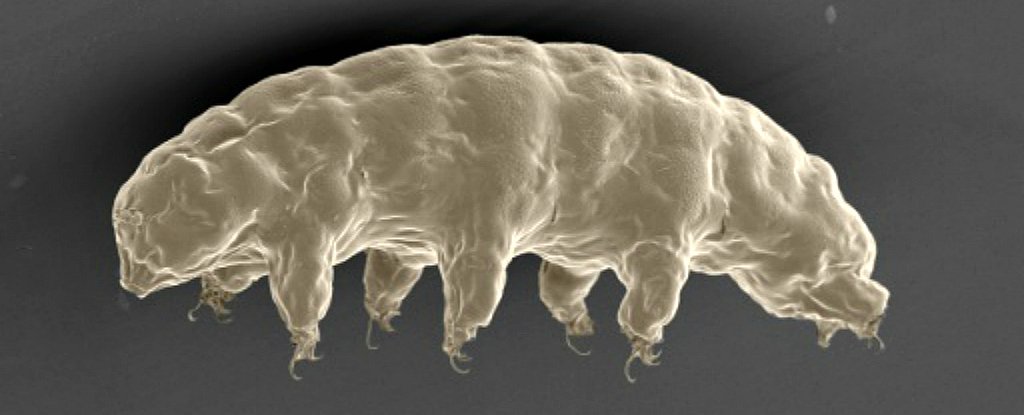I totally agree on that. But they have it backwards and that is understandable if the earth was 6000 years old. But it is 4.7 billion years old and that makes it mathematically more probable that life would occur. We see life as sacred, and it would be if we were the only living species in the universe. But suppose some forms of life evolve naturally and is just another expression of the inherent potential of this universe.
Let's put it simply, if the earth had not had such a violent past, the created chemicals and dynamic conditions might never have existed for life to emerge.
This is the atheist argument; if life is a probabilistic occurrence, the larger and more diverse the chemical interactions, the greater the probability for "something" to happen that eventually gave rise to the incredible variety of extant life on this planet. As you noted, natural selection and a few global disasters have tested the ability of some life to survive. And from this testing, at least one organism managed to survive and evolve in even a very hostile environments. Where did Tardigrades (Water Bears) and Extremophiles come from? They can survive years of draught, temperatures from 400c to -400c
http://www.sciencealert.com/new-stu...ater-bears-have-become-so-damn-indestructible
If you saw the Hazen clip, you know how many chemical reactions he estimated to have occurred during the earth's lifetime: 4 trillion, quadrillion, quadrillion, quadrillion chemical interactions! All we need is just
one chemical interaction to produce a bio-molecule. He demonstrated how easy it is to produce a round cell from goo. So apparently that's a very natural mathematical function, which is obvious in all the spherical objects in the universe. Now add an internal chemical reaction that causes it to split in half and the process of evolution has begun. This is not rare, it is common. No miracles, just chemicals, mathematical functions, and time. If life occurred on this ordinary planet, the universe must be teeming with life!
Moreover, our bodies are mostly made up from the most abundant chemicals in the universe. Nothing special about human bio-chemistry, except for the neural network of our brains.
As to the emergence of homo sapiens from the hominid family, IMO, this occurred when two separate chromosomes fused into a single larger chromosome. Humans are the only hominid with 23 pairs of chromosomes, whereas all other hominids have 24 pairs.
To me that suggests that this mutation is connected with the evolution of man. Of all our 98 % common chromosomes, there is only one that clearly sets us apart from other hominids.
http://www.evolutionpages.com/chromosome_2.htm
My lay hypothesis is that this fusion had something to do with neural brain growth and gave humans the ability for greater abstract thinking, a very useful asset in observing, analyzing, and taking preventive action.
Most hominids have just as efficient (or greater) observational powers from shared senses, but humans have the ability to reflect on these observations at a much deeper level due to our increased brain size and neural growth patterns, which might well be responsible for early migration in search of the ideal habitat (paradise).

